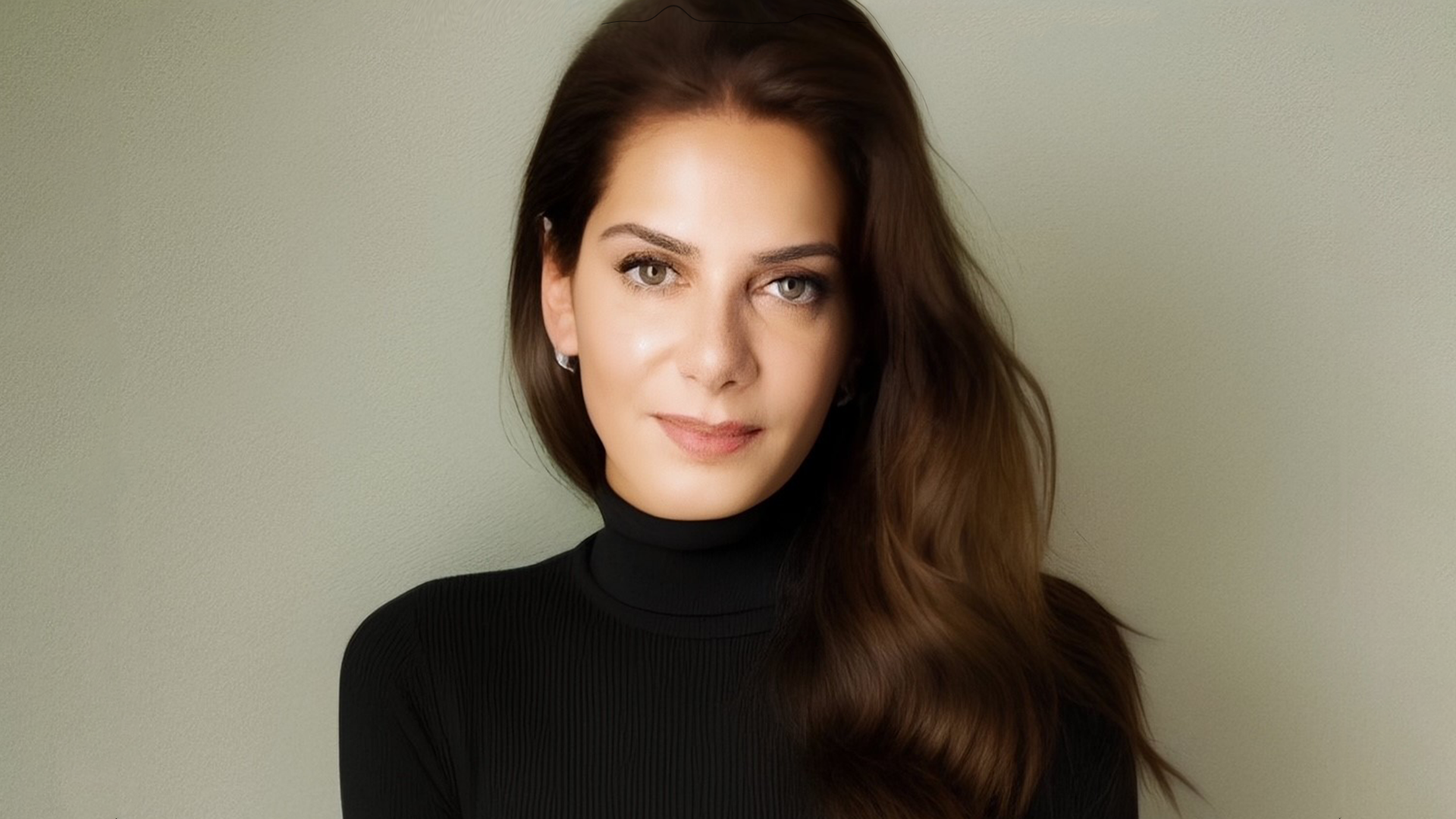
Steering an Asian luxury brand roll-out from Singapore, with sustainability at its core
Steering an Asian luxury brand roll-out from Singapore, with sustainability at its core.
BALI, Indonesia – How many ultra-luxury, five star resorts would intentionally shut their lights off in the middle of the dinner hour, plunging their guests into complete darkness?
This was my experience recently at the Alila Villas Uluwatu in Bali, part of the award-winning Alila Hotels & Resorts chain, whose destination properties have become discreet getaways for in-the-know luxury travellers with an ethical conscience and a high-level of discernment in food, culture, art and design.
As it turned out, it was Earth Hour, an international effort to draw attention to the devastating impact of climate change on the state of the world’s environment. Alila had joined cities, businesses, and international landmarks around the world — including London’s Big Ben, Beijing’s Forbidden City and Sydney’s Harbour Bridge — in shutting down the lights for an hour, ultimately reaching more than 1 billion people.
But while the Jakarta Post reported that “Jakartans largely ignore Earth Hour” and critics dismissed the effort as having little real impact, for Alila this couldn’t be further from the truth. Indeed, waiting for me in my hotel suite was a personal note from the hotel’s general manager, Sean Brennan, and a message from Mark Edleson, President and CEO.
“Supporting Earth Hour is as much about helping to generate awareness amongst our guests and the local communities as it is about reinforcing our commitment towards sustainable tourism,” he said.
A few days earlier I had met with Edleson, a veteran of the luxury hotel management industry, who explained how green principles are deeply embedded in all that Alila does, how many of the resorts are designed, and even how employees travel to and from work.
But make no mistake. Staying at Alila is no ascetic experience. To wit, comments on Trip Advisor rave about the experience of staying at Alila’s resorts for the quality of the food, the spas, the service, and just about every little design detail imaginable, demonstrating that one can still offer a true luxury experience while being green.
Alila Hotels & Resorts is a model for the luxury business of the future, with personalisation, ethical business practices and functional, contemporary design at its core, headquartered in the heart of Asia, luxury’s future growth engine. I sat down with Mark Edleson at his new home in Bali, overlooking the rolling hills and rice paddies of Ubud, to learn more.

In January 2004, you decided to take Alila global, moving from a base here in Bali to a new hub in Singapore. What were your aims for Alila back then?
At that time, the idea was to grow Alila into a global brand, building on my previous experience. Everything I know about hotels I learned at Aman Resorts and GHM, two leading luxury hotel management companies.
Often, in the hospitality industry, we are trained to be hosts, to organise activities, to clean rooms, to greet guests, to be gracious, to be hospitality professionals – all of which are very important. But, in the end, we must make this work as a business, and that requires building teams of street-smart people, who are also gracious hosts and understand how the business works.
So, we are very business-minded at Alila. It’s not the sexy part of what we do, but it’s absolutely fundamental because we are given a contract to manage somebody’s asset in an industry that is very capital intensive. This is not easy. One of our unique selling points therefore is to give well-rounded, personalised management services to the developers, not just to our guests.
We take good care of their assets.
There are hundreds of luxury resorts in South-East Asia and scores of international chains that come from this part of the world. What makes Alila special?
We train our staff to really interact with our guests, to deliver memorable experiences. Many of our guests are experienced travellers who are well-educated and looking for travel experiences that relate to their lifestyles, interests, and hobbies.
So, instead of running on the treadmill in their gym, they come here to ride bicycles in the hills of Ubud or go diving in the waters of east Bali. If wellness is their interest, they come and enjoy our spas, eat good, healthy food in a healthy environment, and get some physical activity.
For those who are passionate about art and design, our resorts are designed to inspire them, using local fabrics, art and culture, giving them ideas that they can take home.
It is these kinds of heightened, emotional experiences that guests take back and talk to their family and friends about, rather than trinkets they can buy on the street.

But perhaps the most distinctive element of your business model is the deeply embedded commitment to the environment, which is rare in the ultra-luxe segment in which Alila operates, and even in luxury more generally.
Yes, from the start, we wanted to reflect our own environmentally conscious values in the DNA of Alila. It came from within our own team.
In 2004, the general manager of our Ubud property, together with Frederic Simon, our managing director, explored how we could become certified internationally and what we would need to do to achieve this for an older property like the one in Ubud, which at that time was already 10 years old.
There wasn’t much we could do to the fundamental mechanics of the property, so we agreed on the Green Globe certification, one of the few international certifications recognised specifically for the hospitality industry. We spent one year with them benchmarking our activities against best practices, primarily focusing on energy consumption and wastewater usage. As a result, our two Bali properties were the first in Bali to be internationally certified by Green Globe.
How does this commitment to the environment impact the way you operate as a business overall?
As we’ve analysed it over time, there are really three levels where we can have impact.
First is the corporate level, where we have the most control. Since 2008 we’ve offset our carbon emissions in terms of energy usage, how our staff travels from their homes to our office, and most importantly, air travel. When we do our assessment every year, 85% of our emissions are from flying.
The second is at the hotel operations level. For new properties, we work very closely with the developers to create resorts that have environmental considerations embedded right in the design. All three of our new Alila Villas properties have been built to Green Globe design-and-build standards. So, for example, especially in a place like Alila Villas Hadahaa in the Maldives, where we are in a small island in the middle of the Indian Ocean, we provide our own energy and our own water.
Third, of course, is our hotel guests, and this is a real dilemma. Our guests fly in from Tokyo, Seoul, Paris, London, Frankfurt, New York, creating huge emissions that are really ultimately outside of our ability to directly impact. That said, we try to influence without proselytising. We can only hope that Boeing, Airbus and the airline companies will also feel enough pressure to reduce the greenhouse emissions of air travel.

Are the developers you partner with receptive to this environmental approach for developing and managing luxury resorts? How does it impact profitability?
Sometimes it is a challenge for us. At the end of the day, we are not the developers. And, while we try as hard as we can to convince the developer that they should go for the certification, there are inevitable costs linked to this.
On the flipside, we are quite confident that both of the Green Globe certifications make good business sense. We have found that we can actually save money through our being conscious in energy and water use. For instance, in Bali, to discourage excessive use of water, they have raised water prices by 300 percent. There has been an outcry from industry – particularly the hospitality industry. The authorities have just rolled that back and will gradually introduce the increases over the next three years.
But, in the end, the cost of water is going to go up quite dramatically in Bali, so being conscious of water consumption also makes good business sense.
So, where does Alila go from here?
We’ve slowly been developing and establishing Alila properties here in our South East Asia base, but have also been expanding into other geographies, branching out in concentric circles from our Singapore hub.
We now have four properties in Bali, including Alila Villas Uluwatu and Alila Villas Soori. Last December we opened Alila Diwa Goa, our first property in India, where we have a number of projects happening. India looks like it’s going to be an important developing market for us.
Later this year we will open Alila Luang Prabang in a 23-room UNESCO world heritage building in Laos and around October we will open a city hotel, somewhat like our Jakarta Hotel, in Bangalore, India. That will bring us up to 12 properties by the end of this year.
We are currently working on various stages of concept design for development projects in China, Vietnam, Cambodia, India, and Oman. We are looking at Sri Lanka, Bhutan and Nepal, and we are just about to sign a project in Portugal, which will be our first foray into Europe.
As the Asian hospitality ethos has become more and more popular in Europe and North America, it’s hard to ignore the opportunities for our kind of experience arising in those markets.










